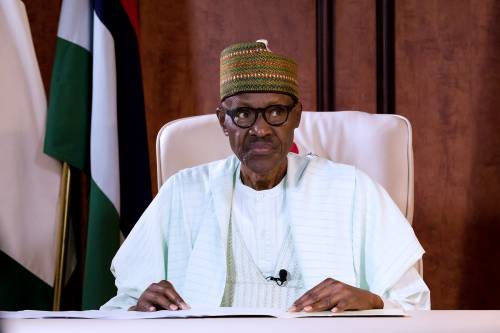Efforts at fighting corruption in Nigeria has had limited success due to the absence of strong ethical frameworks at all levels of the country’s economic and social life, a new study has shown.
The study conducted by the Technical Unit on Governance and Anti-corruption Reforms (TUGAR), and launched in Abuja Tuesday, showed that failing professional standards, poor leadership at different levels, indiscipline and poor workplace practices pose a big challenge to Nigeria’s fight against corruption.
The survey captured 181 organisations made up of 89 public agencies, 60 professional bodies, 10 private agencies, 11 non governmental organisations, seven private business entities and four informal sector associations.
Presenting the report tagged Scoping Survey and Gap Analysis of the Ethics Frameworks in Nigeria, the Head of TUGAR, Lilian Ekeanyanwu, said four parameters for evaluation of ethics infrastructure in line with global standards was adopted. These are Prevention, Management framework, Control and Enforcement as well as Periodic and Regular reviews of ethical frameworks.
The study revealed that the Nigerian environment does not support citizens to report ethical infractions, it observed diminishing emphasis on competence and merit in favour of nepotism and found that the Code of Conduct for Public Officers (CCPO) currently in existence applies broadly to the civil service without providing detailed guidance that addresses specific and emerging issues.
“It was observed that once a code of conduct ethics has been created, it rarely is subject to review in spite of the fact that ethics environment and governance system are dynamic,” the report said.
The study also noted that neither the CCPO which is a national public ethics framework nor any individual organisations ethics framework among those surveyed, has achieved effectiveness based on the criteria deployed in the research.
According to the report, citizens are reluctant to complain about ethics breaches for fear of reprisals, delays and cost of pursuing complaints to logical conclusion as well as general lack of confidence that complaints will be objectively investigated and culprits punished.
To improve the system, the study recommended the passage of a whistleblowers law, establishment of a national system for ethics frameworks, as well as a policy requiring each organisations in the public sector to develop ethics instruments that address unique operational environment.
In his remarks at the report launch, Appeal Court Justice, Hon. Justice Oyewole of the Enugu Division, said the involvement of the society can’t be over emphasised in addressing ethical and corruption related issues.
“We talk more about public sector corruption but what we have at the private sector is even worse. From our procurement process to recruitment, we see corruption. If we had a good ethical framework it would help a lot,” he said.
Citing examples with what obtains in the legal, medical and engineering professions, Justice Oyewole said the need to have a robust ethical framework cannot be overstated.
“By not regulating these professions adequately, we are losing businesses because the international community often disregard Nigeria certification of professional membership because they know we have weak regulations,” he added.
Also speaking the Representative of Trust Africa, Chinedu Nwaogu, noted that law enforcement approach to fighting corruption in Nigeria is so far not working because the ethical foundation has been deeply eroded.
He said it was time the country begin to harp more on ethical frameworks for professionals and all Nigerians if the fight against corruption must be won.






























